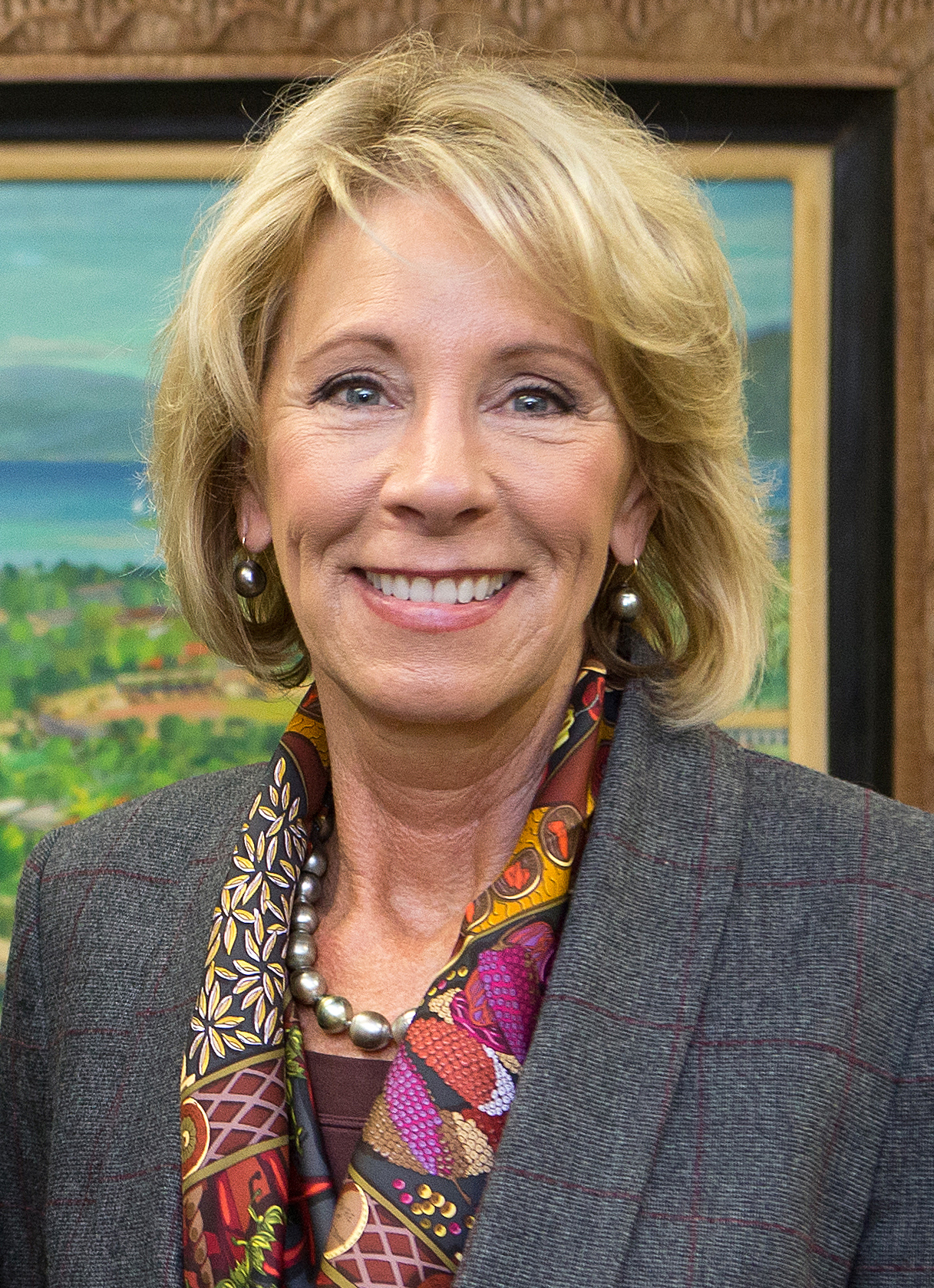
Secretary of Education Betsy DeVos
During her Senate hearing, now Secretary of Education Betsy DeVos repeatedly stated that she supports school accountability. But what does accountability actually mean to her? For clues, I looked into the model school choice legislation proposed by the American Federation for Children (AFC), an organization DeVos formerly chaired. If that bill reflects DeVos’ priorities, it suggests she supports accountability measures that are significantly weaker than the ones currently applied to public schools in all 50 states.
There are at least four key accountability problems with the AFC’s voucher program:
- It would codify a three-year delay in performance accountability. Under the AFC’s voucher program, participating schools – public or private – can wait 3 years before reporting student performance and graduation rate data. This undermines the purpose of accountability, which is intended to ensure that every student matters and that schools, districts, and states are responsible for improving education for all students. For example, under the AFC model, entire schools would disappear from the state accountability system. Students not using vouchers but nevertheless attending a school participating in the program would drop out of accountability systems as well. And finally, parents would have less, not more, information about school performance. In other words, it would actually be harder for parents to make a good choice with their voucher.
- It would not ensure comparability and transparency of results. The AFC legislation does include student testing in the same grades as current federal law. But, the critical difference is that the bill allows every school to pick whatever test they want to use, unlike current law, which empowers states to select one test statewide. Even for high schools, where there’s now a universally agreed-upon definition of how to calculate graduation rates, the AFC proposal does not specify how graduation rates should be calculated. (This issue got DeVos into trouble during her nomination.) Worse, under the AFC proposal, each school is asked to report their own results to the state, and there are no audits of those results. Although the AFC bill requires states to compare the results in some way, that would be functionally impossible with every school selecting their own assessment. Without consistent and comparable results, it is difficult for parents to make well-informed decisions about the best schools for their kids.
- It would reduce data disaggregation. Looking at the performance of individual groups of students is crucial to ensuring all students are making progress, and that certain high-achieving groups don’t mask the performance of other students. The AFC legislation does maintain some data disaggregation. Specifically, the bill requires that participating schools disaggregate by race, gender, grade, family income, and years in the program. But it does not include students with disabilities and English language learners, two categories of students that are specifically called out under current federal law. In other words, the DeVos plan would have no protections for these students and could allow schools to mask their performance by only reporting performance in the aggregate.
- It would not include any income restrictions. The AFC proposal is open to all students, regardless of income or whether they’re currently attending public schools. As a result, the program represents an immediate giveaway to parents homeschooling their children or who already enroll their children in private schools. Those families tend to be wealthier than the typical public school family. The legislation does contemplate income limits if a state wants to limit the cost of the program, but the bulk of the program is not aimed primarily at those families who are most in need. If that were carried over to the federal level, it would be far more likely to reinforce existing inequities rather than break them down.
What form DeVos’s national voucher proposals will take remains to be seen. But if the model legislation pushed by her former organization is any indication, the proposal would mostly benefit those families already opting out of the public school system, and it would fail to provide the information necessary to make school choice viable for many other families.